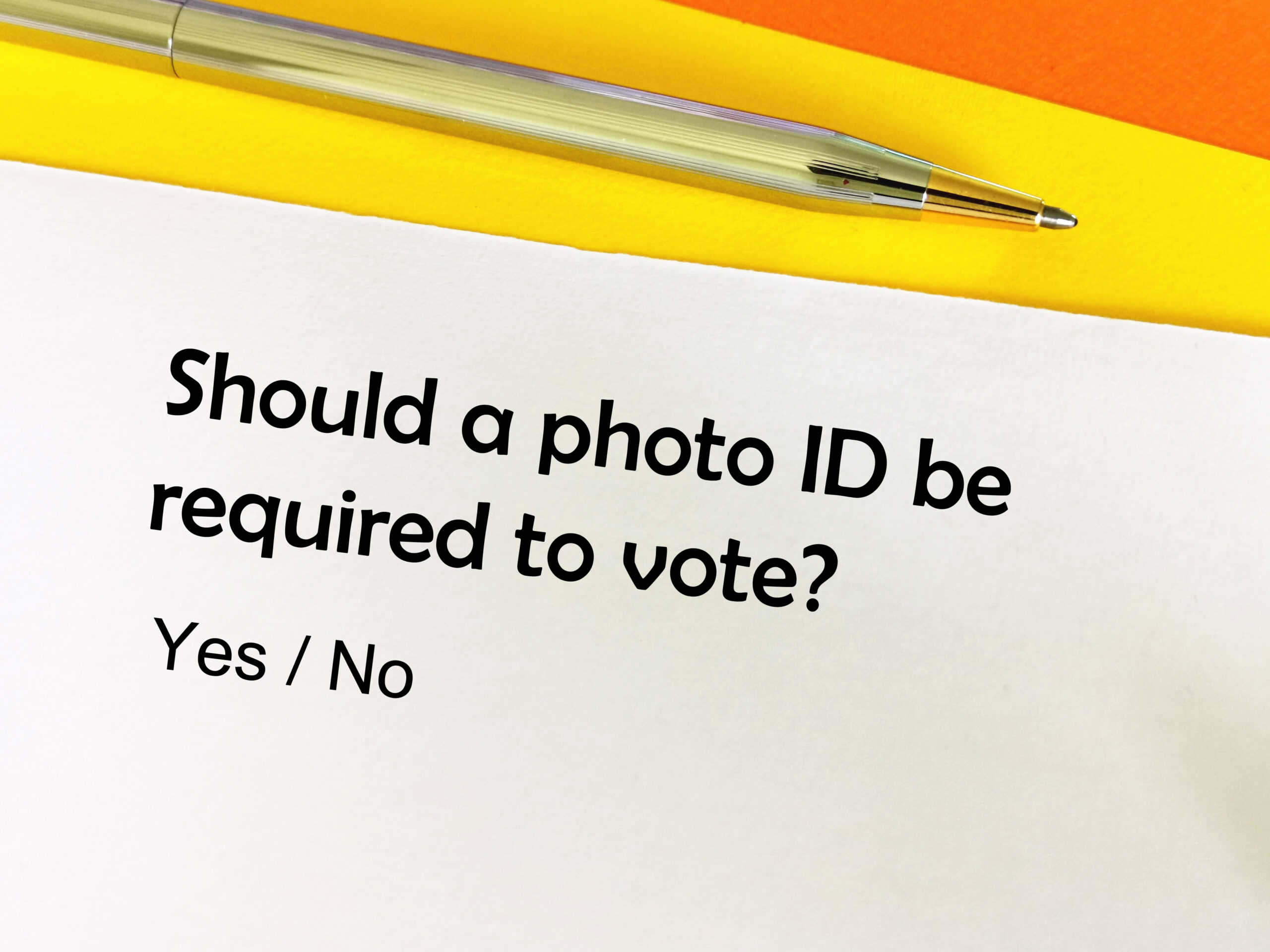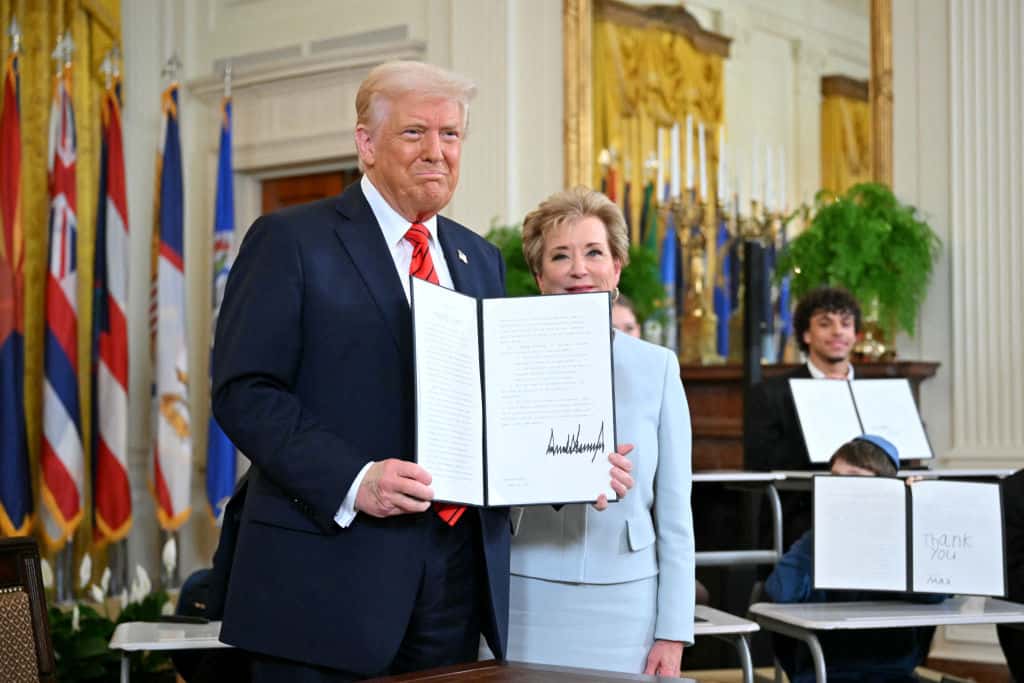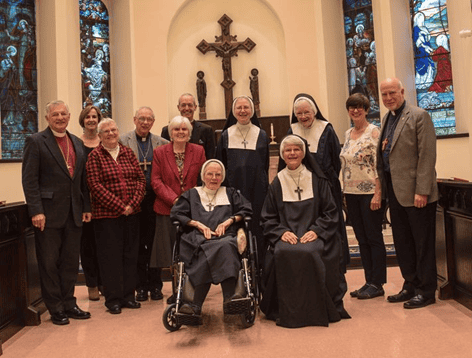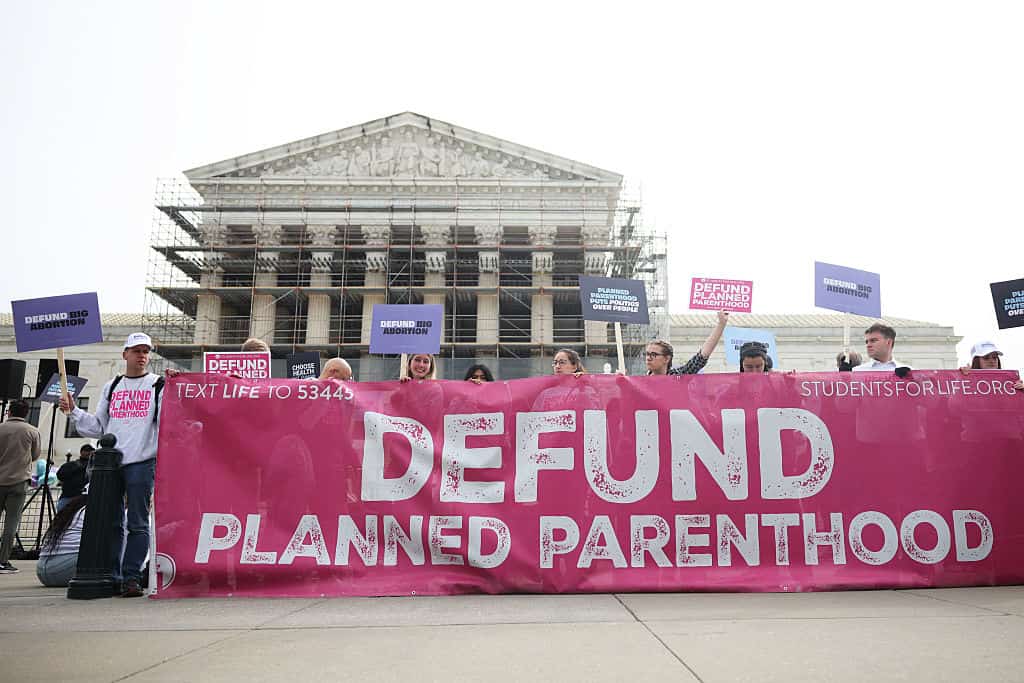Supreme Court Rules California Can’t Require List of Charities’ Major Donors

In a 6-3 decision with major First Amendment implications, the U.S. Supreme Court struck down a requirement of the California Attorney General’s (AG) office that obliged charitable organizations seeking donations within the state to provide a list of their major donors along with other registration materials deemed necessary for the state’s oversight.
California asserted that its requirement that charities provide what the IRS calls a “Schedule B” form – which identifies donors who have contributed over $5,000, and their addresses – was necessary to prevent fraudulent practices. However, in the majority opinion authored by Chief Justice John Roberts, the court ruled that the requirement unconstitutionally chilled the associational rights of donors to those organizations.
What are “associational rights?”
The Supreme Court has long held – going back to the civil rights cases from the 1950s – that certain rights identified in the First Amendment – primarily speech, assembly and petition – also imply the right to associate with others to fully enjoy the scope of those freedoms. That just makes sense. If the First Amendment granted you the right to freely speak so long as you remain alone, it would be a mostly meaningless right. The same logic applies to the rights of assembly and petition.
Donors to an organization that “speaks” on their behalf might choose to avoid donating if their identities became known. Chief Justice Roberts explained the risks involved.
“The petitioners here, for example, introduced evidence that they and their supporters have been subjected to bomb threats, protests, stalking, and physical violence.
“Such risks are heightened in the 21st century and seem to grow with each passing year, as ‘anyone with access to a computer [can] compile a wealth of information about’ anyone else, including such sensitive details as a person’s home address or the school attended by his children,” Roberts wrote.
One of the petitioners in this case, the Thomas More Law Center, is represented by John Bursch, Senior Counsel and Vice President of Appellate Advocacy with Alliance Defending Freedom (ADF). He celebrated the win for his client while expanding on the necessity for such a ruling.
“Potential givers to charities have good reason to fear being doxed—that is, having their public information spread for malicious purposes,” Bursch said in an ADF press release. “Too many are quick to ostracize, lambast, and threaten those with whom they disagree. Everyone should condemn this behavior—often described as ‘cancel culture’—and we’re pleased the Supreme Court did so today.”
This issue is also not a Left vs. Right or liberal vs. conservative one, either. The majority opinion noted:
“The gravity of the privacy concerns in this context is further underscored by the filings of hundreds of organizations as amici curiae (aka friends of the court) in support of the petitioners. Far from representing uniquely sensitive causes, these organizations span the ideological spectrum, and indeed the full range of human endeavors: from the American Civil Liberties Union to the Proposition 8 Legal Defense Fund; from the Council on American-Islamic Relations to the Zionist Organization of America; from Feeding America—Eastern Wisconsin to PBS Reno. The deterrent effect feared by these organizations is real and pervasive, even if their concerns are not shared by every single charity operating or raising funds in California.”
It’s a shame that, in today’s culture, donating to an organization or cause can result in a risk to self or family, or even to one’s job. Hopefully, this Supreme Court decision will prove to supply important protections for charities and their donors.
Related:
California’s Demand for Donor Lists Heads to Supreme Court
Keeping Your Donations Private – Supreme Court Agrees to Hear Important Case
Picture from ShutterStock.
ABOUT THE AUTHOR

Bruce Hausknecht, J.D., is an attorney who serves as Focus on the Family’s judicial analyst. He is responsible for research and analysis of legal and judicial issues related to Christians and the institution of the family, including First Amendment freedom of religion and free speech issues, judicial activism, marriage, homosexuality and pro-life matters. He also tracks legislation and laws affecting these issues. Prior to joining Focus in 2004, Hausknecht practiced law for 17 years in construction litigation and as an associate general counsel for a large ministry in Virginia. He was also an associate pastor at a church in Colorado Springs for seven years, primarily in worship music ministry. Hausknecht has provided legal analysis and commentary for top media outlets including CNN, ABC News, NBC News, CBS Radio, The New York Times, the Chicago Tribune, The Washington Post, The Washington Times, the Associated Press, the Los Angeles Times, The Wall Street Journal, the Boston Globe and BBC radio. He’s also a regular contributor to The Daily Citizen. He earned a bachelor’s degree in history from the University of Illinois and his J.D. from Northwestern University School of Law. Hausknecht has been married since 1981 and has three adult children, as well as three adorable grandkids. In his free time, Hausknecht loves getting creative with his camera and capturing stunning photographs of his adopted state of Colorado.
Related Posts

Is it ‘Voter Suppression’ to Require Proof of Citizenship to Vote?
February 10, 2026

Education Department Celebrates National School Choice Week
January 30, 2026

New York Ends Fight to Force Nuns to Pay for Abortions
January 27, 2026

